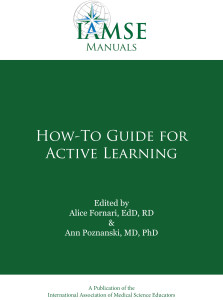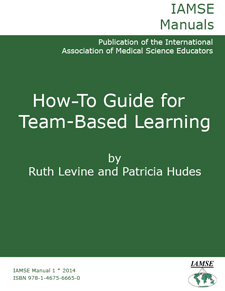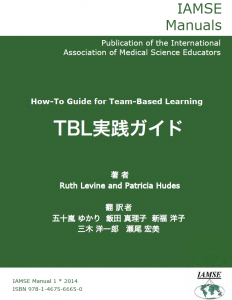In case you missed yesterday’s Webcast Audio Seminar Series, here are the highlights of the session:
Lessons from the Design and Implementation of a Pediatric Critical Care and Emergency Medicine Training Program in a Low Resource Country— The South American Experience
Presented by Michelle Grunauer M.D. Ph.D.
October 05, 12 PM EST
Why do we prolong the survival of our critically ill patients?
- Children’s rights
- Health equity
- Social justice
The lower the number of beds, the higher the mortality rate!!
The Family-Centered Model of Care
- Shared decision-making model
- Multidisciplinary meetings that involve the family
- Consistency in communication and interculturality
- Honesty
- Presence of the family during rounds and CPR
- Flexible and constant visits
- Support for the family before, during and after the patient’s discharged or death.
Integrated Model of Care
- Critical care + Palliative Medicine
- Pediatric Palliative Care (PPC)
Pediatric palliative care prevents, identifies and treats the suffering of children with serious illnesses as well as that of their families and the teams that care for them.
Pediatric palliative care is appropriate in whatever stage of the disease, and it can be applied in conjunction with treatment directed at curing the disease.
Goal of the Study
- All children were admitted to the program (integrated model of care) regardless of their prognosis.
- To provide the best evidence-based, most cost-effective medicine focused on the conservation of resources in a socially responsible way.
How can the quality, sustainability and the impact be maintained?
- Combined the Advance Pediatric Life Support (APLS) with the integrated model of care.
This program resulted in stronger, more cohesive Pediatric Intensive Critical Unit (PICU) teams with improved resuscitation times and coordination during simulation rounds.
Hospitals that implemented the program had a decreased in mortality rates.
Be sure to save the dates for the Winter 2018 WAS on Competency-based Education: Where are we now and where are we going? The series will begin January 11 and continue through February 8. We hope to see you there!
 IAMSE has had a profound impact on my growth and success as a medical educator and I value being a member of this wonderful group of people who are so passionate about health science education and so committed to advancing best practices. Towards this goal, the annual meetings are wonderful opportunities to exchange ideas and expertise, to network and to have lively discussion. In particular appreciate the interprofessional exchange across the health sciences that IAMSE cultivates so ardently. I always leave the meetings truly inspired. Fortunately, the annual meetings are not the only opportunity to interact and learn from my colleagues across the world. IAMSE continues the conversation and education of its membership by providing several webinar series on the ongoing evolution and revolution in medical education. Each series addresses a current and pressing topics in health science education. These webinars feature outstanding speakers and I have benefited immensely from this opportunity to engage with my colleagues year-round, beyond the annual meeting. So much so that I actually joined the committee that organizes these webinars. I enjoy working with my committee colleagues to develop highly relevant topics and recruit outstanding speakers for our audience. In addition, I am currently serving on the student professionalism development committee to increase the participation of students in IAMSE and to foster their growth as scholars. Thus, I am enthusiastic about the future of IAMSE and I hope many more will join us on what promises to be a continued fabulous journey.
IAMSE has had a profound impact on my growth and success as a medical educator and I value being a member of this wonderful group of people who are so passionate about health science education and so committed to advancing best practices. Towards this goal, the annual meetings are wonderful opportunities to exchange ideas and expertise, to network and to have lively discussion. In particular appreciate the interprofessional exchange across the health sciences that IAMSE cultivates so ardently. I always leave the meetings truly inspired. Fortunately, the annual meetings are not the only opportunity to interact and learn from my colleagues across the world. IAMSE continues the conversation and education of its membership by providing several webinar series on the ongoing evolution and revolution in medical education. Each series addresses a current and pressing topics in health science education. These webinars feature outstanding speakers and I have benefited immensely from this opportunity to engage with my colleagues year-round, beyond the annual meeting. So much so that I actually joined the committee that organizes these webinars. I enjoy working with my committee colleagues to develop highly relevant topics and recruit outstanding speakers for our audience. In addition, I am currently serving on the student professionalism development committee to increase the participation of students in IAMSE and to foster their growth as scholars. Thus, I am enthusiastic about the future of IAMSE and I hope many more will join us on what promises to be a continued fabulous journey.

